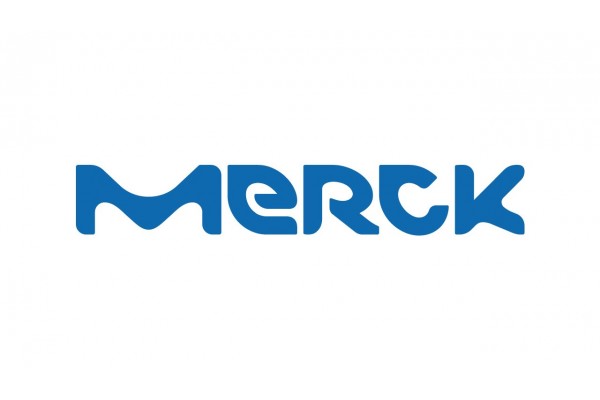Merck Drops $394 Million to Acquire Virus-Based Cancer Company Viralytics
February 26, 2018
Source: Biospace;
 1,020
1,020

Merck & Company is driving forward in its quest to develop a premier immuno-oncology pipeline. The company plunked down $394 million to acquire Australia-based Viralytics Ltd and its oncolytic immunotherapy treatments.
Merck has already paired Viralytics Cavatak, an investigational oncolytic, with its PD-1 inhibitor Keytruda. Cavatak is based on Viralytics’s proprietary formulation of an oncolytic virus (Coxsackievirus Type A21) that has been shown to preferentially infect and kill cancer cells, the company said. Cavatak, a common cold RNA virus, is currently being evaluated in several early and mid-stage trials as a stand-alone agent and in combination with Keytruda. Cavatak works by binding to specific ‘receptor’ proteins highly expressed on multiple cancer types. It acts to kill local and metastatic cancer cells through a two-pronged mechanism of action – cell lysis and the potential to generate an immune response against the cancer cells.
Early trial data has shown that Cavatak-induced changes in the tumor microenvironment suggest a strong local and systemic anti-tumor response, particularly when used in combination with checkpoint inhibitors, Viralytics said on its website. These changes include an increase in immune cell infiltration and the up-regulation of immune-checkpoint molecules such as PD-L1, like Merck’s Keytruda.
Keytruda has been approved by the FDA to treat several types of cancer, including lung cancer, bladder cancer, melanoma and refractory classical Hodgkin lymphoma cancer. While the drug has won a number of approvals it has also experienced a number of setbacks. Most recently the drug came up short in a pivotal Phase III trial as a second-line treatment for patients with advanced gastric or gastroesophageal junction (GEJ) adenocarcinoma.
In 2016 a Merck subsidiary entered into a developmental agreement with Viralytics to investigate the combination of Keytruda and Cavatak in a number of oncological indications, including melanoma, prostate, lung and bladder cancers.
Roy Barnes, chief medical officer of Merck Research Laboratories, touted the approach Viralytics has been using in fighting cancer. He said the approach of “engaging the innate immune system to target and kill cancer cells” complements Merck’s immuno-oncology strategy, which is focused on the development of monotherapies and combination treatments.
“We are eager to further build on Viralytics’s science as we continue our efforts to harness the immune system to improve long-term disease control and survival outcomes for people with cancer,” Barnes said in a statement.
Under terms of the agreement, Merck will pay $394 million for Viralytics, which represents a 160 percent premium to the weighted average price of Viralytics common shares over the past month. Merck and Viralytics anticipate the transaction will be implemented by the second quarter of 2018. The deal is subject to approval by Viralytics shareholders. Viralytics said it has secured the backing of its largest shareholder, Lepu Medical Group, which currently holds voting power in 13 percent of the Viralytics’s shares. Lepu Medical acquired its $23 million stake in January of this year.
“This proposed acquisition culminates years of dedicated work by the Viralytics team and represents an opportunity for significant value creation for our shareholders. Viralytics is proud to have progressed its lead investigational candidate Cavatak to Phase I and Phase II clinical trials and, we believe that Merck, the leader in immuno-oncology, is best suited to advance Cavatak for the benefit of patients globally, and to realize its potential,” Malcolm McColl, managing director and chief executive officer of Viralytics said in a statement.
Evercore ISI analyst Umer Raffat told Reuters that Merck’s acquisition of Viralytics represented “a very nice tuck-in” for the pharma giant. Raffat went on to say the deal comes at an “interesting time” since Viralytics is expected to have news on clinical tests of its oncolytic virus with Merck’s immunotherapy drug Keytruda in the second quarter of 2018.
By DduRead more on
- Disposable Medical Products that Keep Your Medical Facility Clean and Sterile March 31, 2022
- 10 Triumphant Drug Launches Of The Decade August 26, 2021
- Ultrasonic Nebulizer Market Views September 6, 2018
- 4 Best-Selling Digital Thermometers on Drugdu.com in 2018 September 5, 2018
- Don’t Miss These Tips before Your Cardiac Monitor Purchase September 5, 2018
your submission has already been received.
OK
Subscribe
Please enter a valid Email address!
Submit
The most relevant industry news & insight will be sent to you every two weeks.



